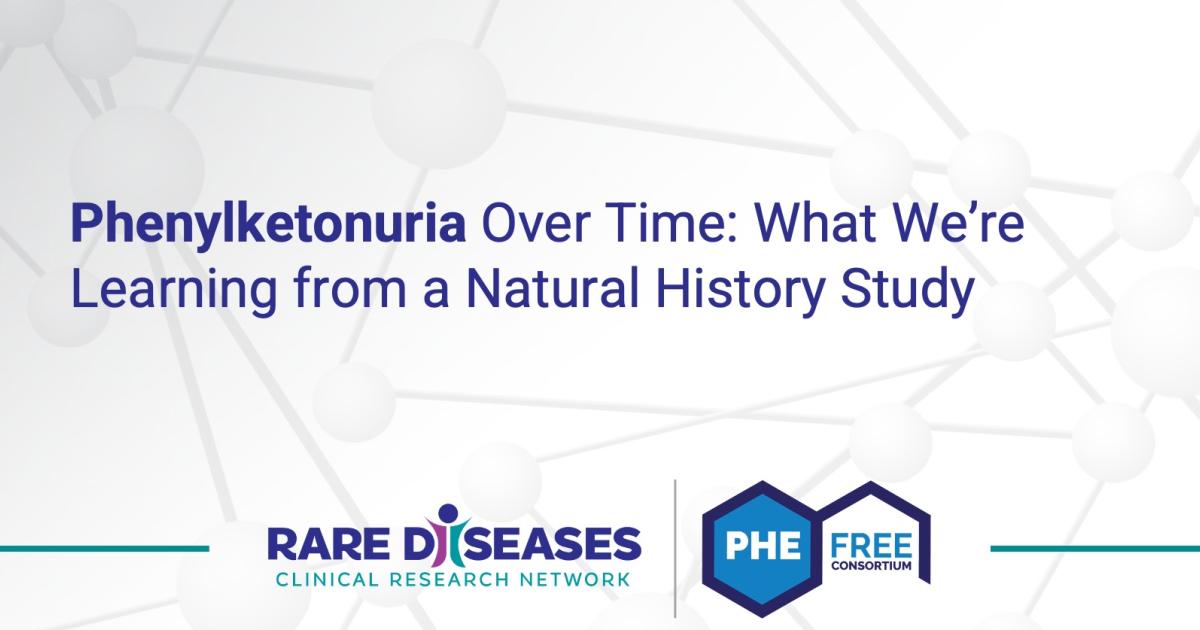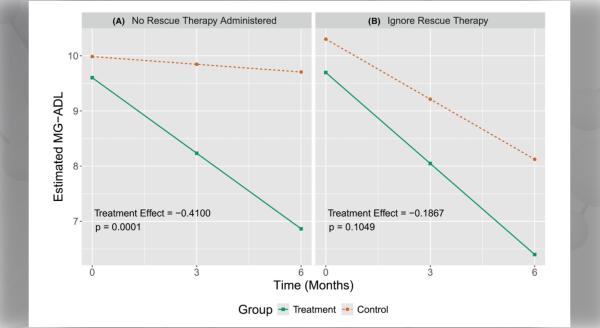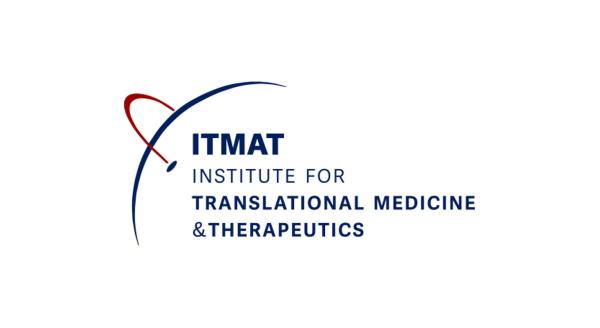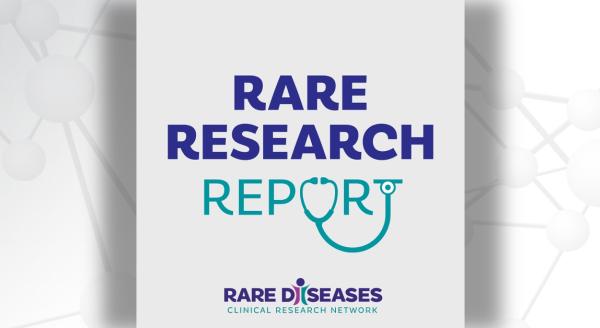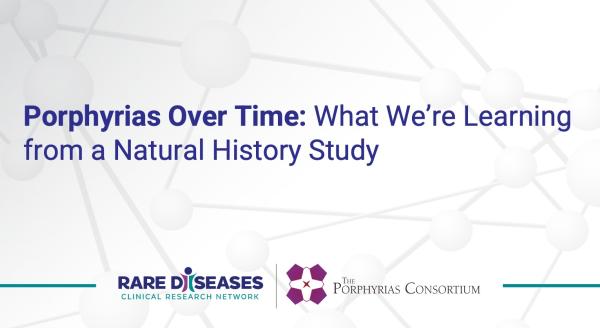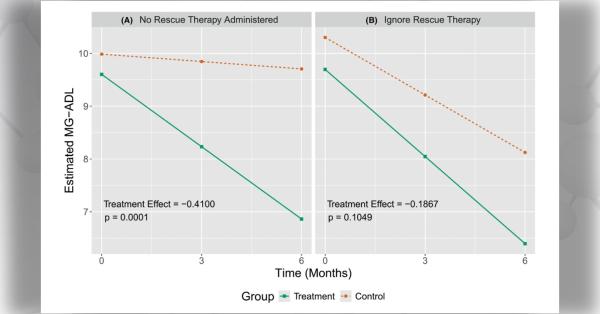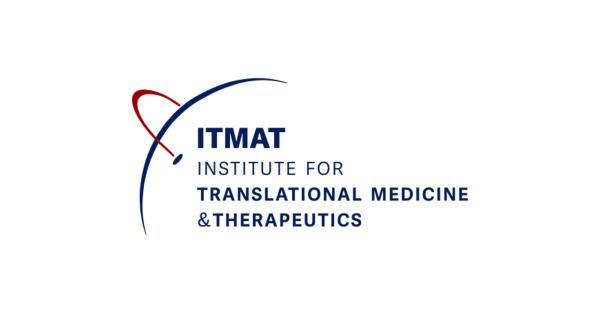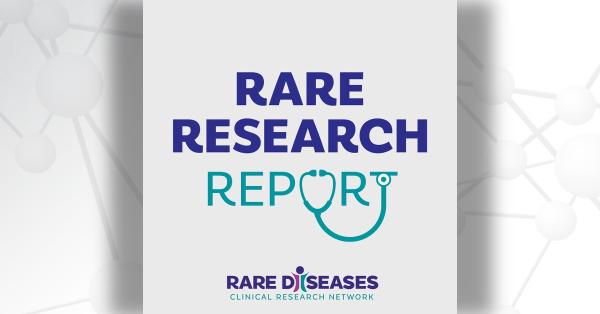Phenylketonuria (PKU) is a genetic metabolic disorder that increases the body's levels of the amino acid phenylalanine. People with PKU cannot properly break down the extra phenylalanine in the food they eat, which allows it to build up in the person's blood, urine, and body. When left untreated, phenylalanine can build up to harmful levels.
To learn more about PKU and related conditions, the Phenylalanine Families and Researchers Exploring Evidence (PHEFREE) Consortium is conducting “A Longitudinal Study of Hyperphenylalaninemia.” The team is gathering information over time about participants’ health, well-being, and thinking abilities to improve treatment and quality of life.
Here, lead investigator Uta Lichter-Konecki, MD, PhD, and PKU patient Jen Christenson share more about the study and what it’s like to participate.
What are we learning about PKU and similar conditions from this study?
Dr. Lichter-Konecki: A treatment for PKU was developed in the mid-1950s and implemented in the US after invention (and implementation) of newborn screening in the mid- to late-‘60s. For many decades, medical professionals, scientists, and the general public thought that PKU was a problem solved—only those involved directly in the care of the patients knew it was not. The dietary treatment invented in the mid-1950s is extremely hard to follow and the outcome of the patient depends on how diligently a family is able to implement the treatment. Adolescents and adults often discontinue the treatment because it is so hard. This tends to lead to neurocognitive and behavioral health deterioration, causing some patients difficulty in their lives.
How did you become involved with this study?
Christenson: I am a middle-aged adult who, at birth, was diagnosed with PKU. My doctor is one of the founders of the PHEFREE consortium. He mentioned this study at a 2019 event for families with PKU and other IEMs (inborn errors of metabolism) and it piqued my interest. Fast-forward a couple of years, through COVID shut-downs, to my next in-person PKU clinic visit. There I was able to hear more about, ask questions, and become enrolled in the study.
What makes this study unique?
Dr. Lichter-Konecki: This is the first assessment of the state of PKU patient care in a population of PKU patients in 24 years. New treatments have been developed in the meantime; however, their acceptance and effectiveness after FDA approval has not been assessed. How PKU patients fair in today’s world with its challenges has also not been assessed.
Why did you decide to join the study?
Christenson: Being a middle-aged adult with PKU means I am in an even more rare grouping of people who were diagnosed and treated for PKU since birth. I am part of the first generation of patients who were instructed that treatment would be for our entire lifespan. Being such, we—patients, medical professionals, and scientists—do not know exactly how PKU (and its treatments) have affected us long-term, nor what will happen as we age further. There is little long-term and robust data past childhood on those of us with PKU of my generation.
Personally, I know PKU affects me, but what does the data show? That is what will be important going forward for the best possible assessments, supports, treatments, and cures to come to fruition. My hope is that this study will help to build that much-needed data.
How will this study contribute to clinical trial readiness?
Dr. Lichter-Konecki: Physicians treating PKU patients are aware of the challenges they face in their everyday lives, including executive function deficits, severe anxiety, and consistent employment. However, biomarkers previously used in clinical trials failed to measure these challenges and any changes with those challenges accurately, making it difficult to assess whether a new treatment was successful or not.
What has it been like for you to participate in the study?
Christenson: I greatly appreciate being able to participate in the study. As a child in the 1970s and 80s, I was part of a PKU collaborative study. The study helped change treatment protocol from childhood treatment to lifetime treatment. But since then, I’ve often wondered… now what? What do we know about how PKU will affect us over a lifespan? So, the fact that the study is being conducted validates the curiosity and concern I have for how PKU has and will affect me. I consider being a part of the study an honor.
What are the successes and challenges of this study?
Dr. Lichter-Konecki: We are in our fifth year of funding; the first patient was enrolled in early 2022. We are seeing indications that neuropsychological test instruments, including those of the NIH Toolbox, that we are using for the study are better biomarkers to document PKU patient challenges than the ones previously used.
Challenges are that the most compliant patients and families often of younger patients are willingly participating in the study, but those patients that are working or just trying to make ends meet do not feel like they can afford to participate in the study. We also have challenges with diversity; PKU is more common in certain populations.
What excites you about the study?
Christenson: I am excited that the questions and concerns patients like myself have been asking are being studied. I’m excited to see how the information from this study informs future evaluations, helps to move new treatment protocols forward, and makes way for a cure.
How will this study impact patients, now or in the future?
Dr. Lichter-Konecki: If we reach our goal of developing better biomarkers to be used in clinical trials—and we seem to be well on our way to do so—then future clinical trials, some of them already in the pipeline, will be more successful in demonstrating effectiveness.
How could this study impact your life?
Christenson: This study could affect my life in many ways. Ultimately, my hope is that it would lead to better supports, treatments, and a cure for PKU in my lifetime.
What is the status of this study, and what’s next?
Dr. Lichter-Konecki: We are in the fifth year of our first funding cycle and are preparing our application for renewal of funding so that we can complete our work of developing new biomarkers for the treatment of PKU.
“A Longitudinal Study of Hyperphenylalaninemia” is currently recruiting. Learn more about the study and how to join.
The Phenylalanine Families and Researchers Exploring Evidence (PHEFREE) Consortium is part of the Rare Diseases Clinical Research Network (RDCRN), which is funded by the National Institutes of Health (NIH) and led by the National Center for Advancing Translational Sciences (NCATS) through its Division of Rare Diseases Research Innovation (DRDRI). PHEFREE is funded under grant number U54HD100982 as a collaboration between NCATS, the Eunice Kennedy Shriver National Institute of Child Health and Human Development (NICHD), the National Institute of Neurological Disorders and Stroke (NINDS), and the Office of Dietary Supplements (ODS).

